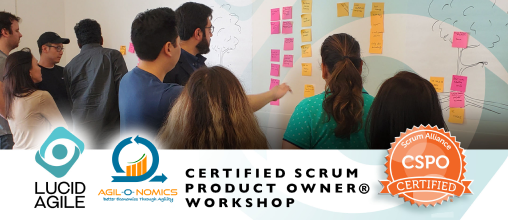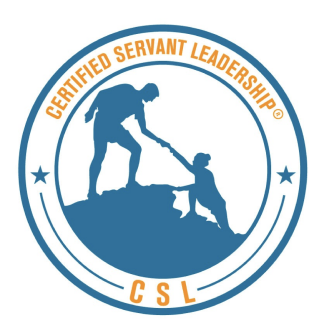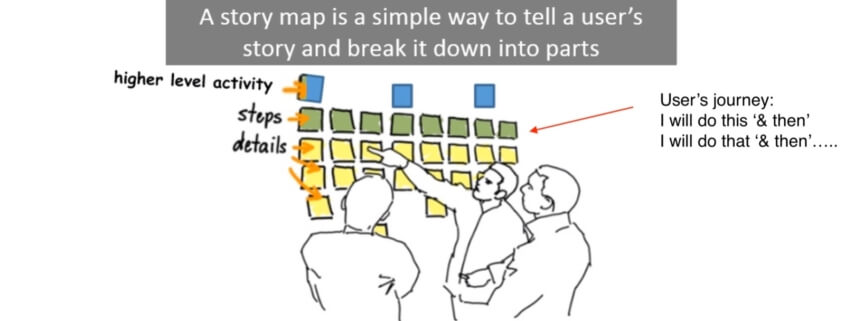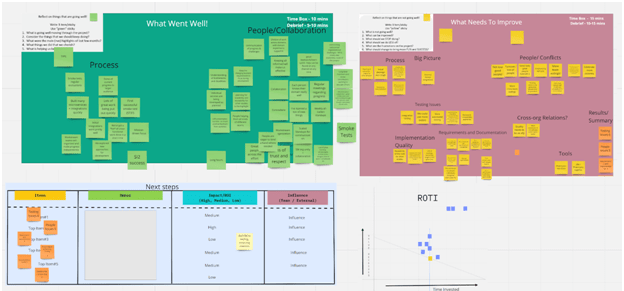
I recently attended a 2-day training. The trainer was an expert in his field, his talk was engaging but only the trainer and I had our cameras ON. Rest of the participants barely showed their faces
There was learning, but the entire 2 days looked very “businessy” and transactional. There was hardly any bonding between the 6 participants.
We could have learnt more from one another and engaged in deeper conversations if we could all see each other
At times, the trainer called out an invisible participant’s name and there was no response?
It felt COLD! The WARMTH was missing. The RICHNESS of “team-ness” was low
It made me think deeply about the importance of face-to-face communication.
Why is face to face communication so important?
Agile Principle #6 states:
“The most efficient and effective method of conveying information to and within a development team is face-to-face conversation”
In simple words, it means:
The Most Effective Way of Communication is Face-to-face
This is best explained by Alistair Cockburn’s research on: “Effective Channels of communication model”

AT THE VERY TOP RIGHT OF THE CURVE IS:
1) FACE TO FACE IN FRONT OF A WHITEBOARD
Nothing beats communicating face to face with something to express your thoughts and ideas on Whiteboard, flip chart, index cards, to visibly write or express your ideas and thoughts
Your ability to exchange and see – gestures, clues, body language creates richness and increases the effectiveness of communication
I have additionally observed that it also leads to empathy and thus increases bonding
Bonding leads to a feeling of safety and trust is easily established
AT THE SPOT JUST BELOW THE TOP RIGHT IS:
2) FACE TO FACE
As your richness of communication cools ( from being hot towards being cooler), the effectiveness of communication drops too
Lack of a medium to express your idea simply makes one assume the other person got it
The other person also inadvertently does not make much attempt to clarify a point they are not sure of
AT THE THIRD SPOT, JUST BELOW FACE TO FACE IS:
3) VIDEO CONFERENCING
This is the one that has come a lot into question, starting with the pandemic
More often than not, I see team members, even Scrum Masters and so also Agile Coaches continue to keep their videos OFF
As a result, the RICHNESS of communication drops further and negatively impacts the effectiveness of communication
I’ve seen this resulting into miscommunication, misunderstanding, siloed working, lack of swarming and missed commitments
Agile Champions should always be present on video and encourage their team members to do so too
Exceptions should always be supported, but it needs one to stretch out of their comfort zone to set a foundation for effective communication while working remotely
What has been your experience with participants’ video OFF most of the time? How did it impact communication?































